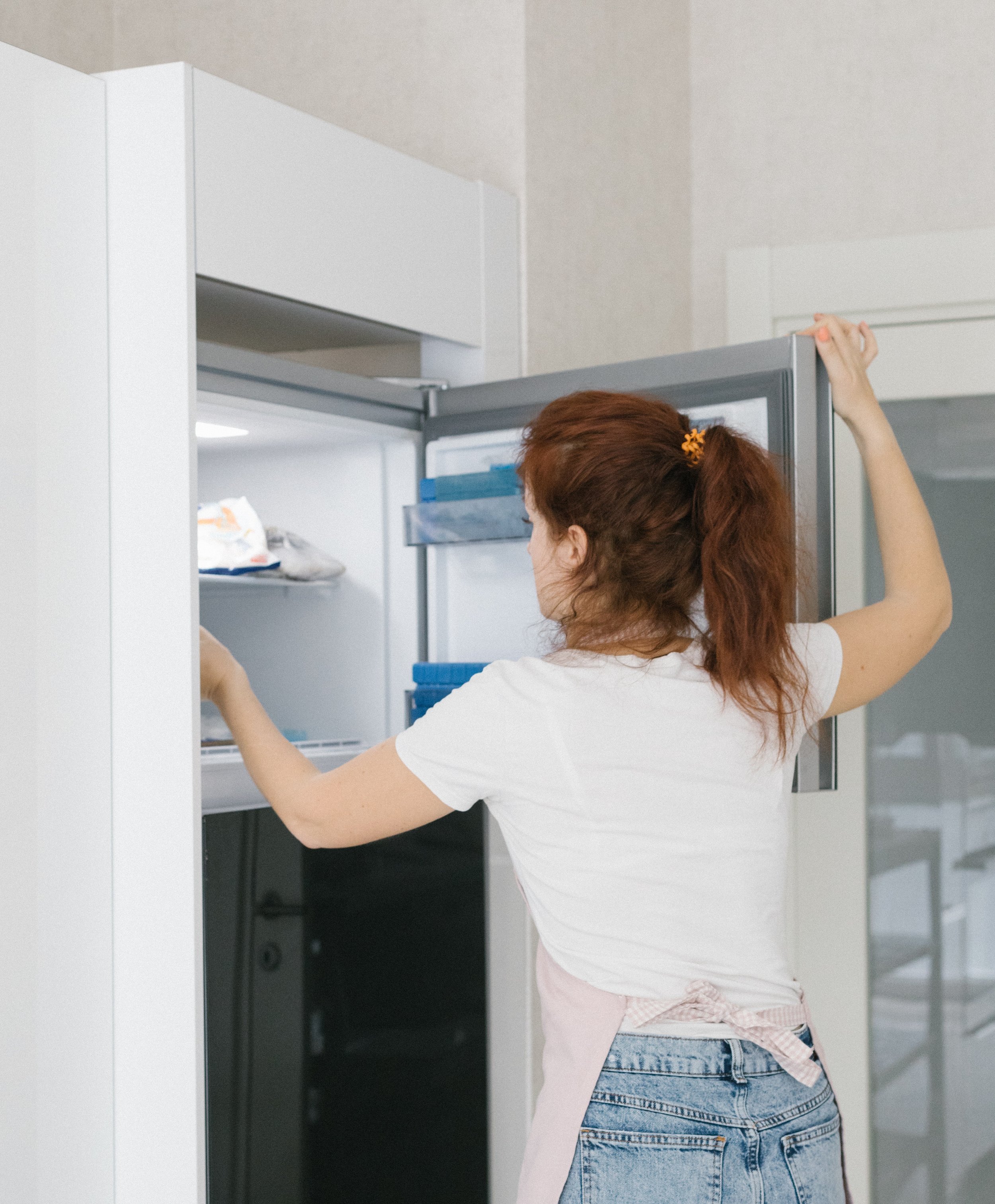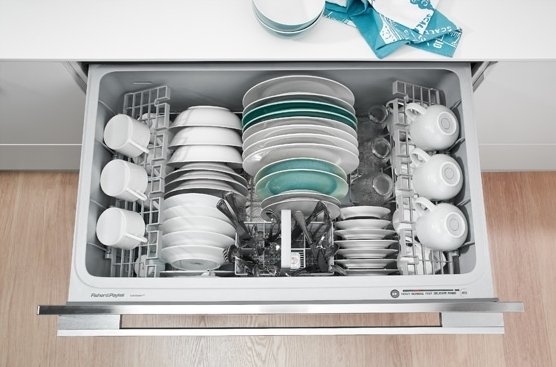An Inside Look: Understanding the Frigidaire Recall
Understanding Recalls: What They Are and What Happens
Before delving into the specifics of the Frigidaire refrigerator recall, it's essential to understand what a recall entails and the processes involved. A recall occurs when a manufacturer or regulatory authority determines that a product poses a safety risk or fails to meet regulatory standards. This action is taken to protect consumers from potential harm and ensure the integrity of the product.
Recalls can be initiated for various reasons, including defects in design or manufacturing, safety concerns, or failure to meet regulatory requirements. In the case of appliances like refrigerators, recalls may be issued due to issues with components such as ice makers, electrical systems, or structural integrity.
When a recall is initiated, the manufacturer typically works with relevant regulatory agencies to notify consumers of the issue and provide instructions on how to address it. This often involves contacting affected consumers directly, issuing public announcements through various channels, and coordinating efforts to repair or replace the affected products.
For consumers, being informed about recalls is crucial for your safety and well-being. It allows you to take appropriate actions to mitigate risks and ensure the continued safe use of your appliances. In the case of the Frigidaire refrigerator recall, understanding the nature of the issue and how to respond is essential for protecting both individuals and families from potential harm.
Recall Announcement: Frigidaire Refrigerator Recall
In February of 2024, Frigidaire issued a recall for nearly 400,000 refrigerators due to a critical issue with an ice bucket component. This recall affects Frigidaire's side-by-side refrigerators equipped with slim ice buckets, which were sold between November 2015 and September 2019. These refrigerators were distributed through major retailers such as Lowe's, Home Depot, Frigidaire.com, and other authorized dealers across the United States and Canada. The models ranged in price from 1,400 to $2,400.
Incidents and Previous Recalls
The recall was initiated due to a specific piece of plastic within the ice bucket assembly that is prone to breakage. This breakage can result in plastic fragments falling into the ice dispenser, posing a significant choking hazard and risk of laceration injuries, particularly to children. As of the current date, Frigidaire has received at least 343 reports of incidents related to this issue, prompting the comprehensive recall of all affected refrigerators sold within the specified time frame.
It is noteworthy that this is not the first instance of Electrolux, Frigidaire's parent company, recalling refrigerators due to issues with their ice makers. In 2022, over 370,000 Electrolux and Frigidaire refrigerators were recalled following nearly 200 reports of the ice-level arm breaking into pieces and falling into the ice bucket, posing choking hazards. These recalls affected various refrigerator models, including side-by-side, top-freezer, and French door configurations. The recurrence of such issues underscores concerns regarding the efficacy of the frost protection measures implemented by Frigidaire in their freezers.
What Can Consumers Do?
For consumers who may be unsure whether their refrigerator is affected by the recall, it is essential to perform a quick check. If you purchased a Frigidaire side-by-side refrigerator with a slim ice bucket between 2015 and 2019, and your model matches one of the following:
[DGHK2355TF, DGHX2655TF, FFSC2323TS, FGSC2335TD, FGSC2335TF, FGSS2635TD, FGSS2635TE, FGSS2635TF, FGSS2635TP, FPSC2277RF, FPSC2278UF, FPSS2677RF, LFSC2324VF, LGHK2336TD, LGHK2336TF, LGHX2636TD, LGHX2636TF]
It is recommended to cease using the ice maker immediately until the issue is resolved. Even if it hasn’t broken yet, there’s no guarantee that it won’t if the model numbers match.
Taking Action
Affected consumers are encouraged to contact Frigidaire or the Electrolux Group to request a free replacement of the defective ice bucket assembly piece. Additionally, individuals may wish to explore options regarding a potential class-action lawsuit. Schmidt Law is currently in the early stages of organizing such a lawsuit.
Prioritizing Safety: Appliance Rescue Service
At Appliance Rescue Service, we prioritize the safety of your home and family. Whether it's addressing broken appliances or informing you about critical recalls like this one, we are dedicated to ensuring your peace of mind. We understand that appliance issues can arise for various reasons, not just due to faulty components. If your appliances break or malfunction, regardless of the cause, we're here to help.
Please visit our website or contact us at (214) 599-0055 today to schedule a maintenance appointment for your appliances. Our team will work with you to set up a convenient date and time that fits your schedule. With our expertise and dedication to quality service, you can trust us to keep your appliances running smoothly and your home safe.















